SUMMARY
This is AI generated summarization, which may have errors. For context, always refer to the full article.
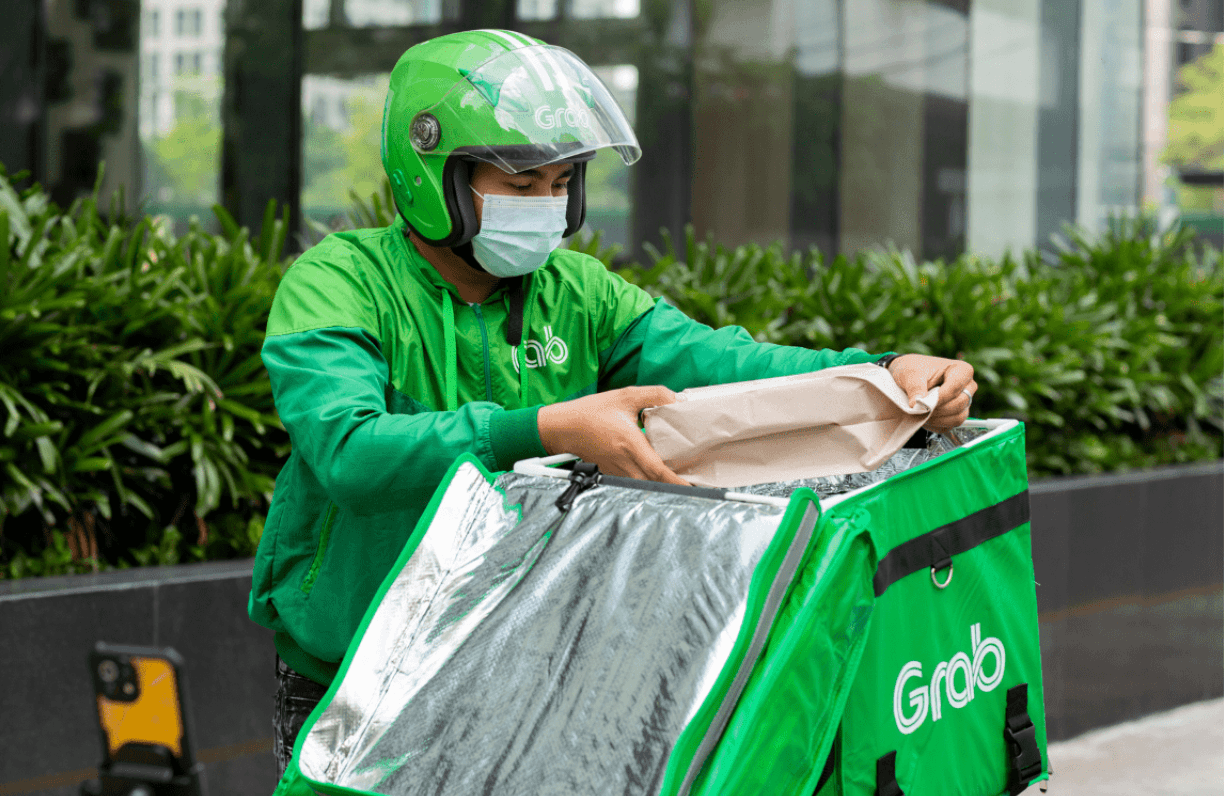
MANILA, Philippines – Inflation is eroding everyone’s purchasing power, including the delivery riders who bring our food cravings right at our doorsteps.
According to a telephone survey of the Asian Development Bank (ADB) conducted in 2022, an average GrabFood driver earns P5,699 per week. This is more than the transportation industry mean, and is actually double the minimum wage across regions.
The study also found that out of the 1,200 GrabFood delivery riders surveyed across the Philippines, three-quarters of them worked at least 11 hours a day. A great majority or 95% of them said they intend to continue working as delivery riders, primarily due to the flexibility of gig work.
But as inflation soars beyond government’s target range, businesses, and effectively, delivery riders, are making adjustments. In particular, Grab said it is rolling out key changes in various aspects of the business models.
In a recent news release, Grab said it has implemented a new earnings structure for delivery partners, which ensures a fairer compensation. The revamped earnings model involves moving beyond mere distance-based compensation and takes into account longer wait times at merchant outlets and long pick-up distances.
Grab is also introducing a guaranteed minimum fare scheme to provide financial stability and protect drivers from low-earning trips. This ensures that its delivery partners continue to earn substantially above the minimum wage.
Grab has also introduced incentives, rewards, and benefits designed to complement delivery riders’ direct earnings.
“In the face of evolving consumer behaviors and significant macroeconomic shifts, our delivery service’s remarkable resilience is a reflection of our philosophy that our success is intertwined with the success of our partners,” said Ronald Roda, Grab Philippines chief operating officer.
“As we continue to navigate the post-pandemic era, we are firm in our commitment to showcasing our adaptability and unwavering support to our delivery-partners,” Roda added.
Grab has also linked its two-wheel drivers to the Social Security System and Pag-IBIG home development funds for health coverage and home loan options. The ADB survey earlier found that more than 70% of drivers are willing to pay for health insurance if affordable programs are made available.
For business owners, Grab is deploying digital tools to address long wait time for orders which have hurt profits. With better forecasting and time accuracy for orders through digital tools, Grab said technology would diminish unnecessary delays and help businesses fulfill more orders.
“Grab’s tech team has intensified their backend efforts, refining algorithms and enhancing the merchant-partner interface to ensure pinpoint accuracy in merchant details and geotagging. These technical enhancements mean partners can trust the platform to direct them accurately, making their workday less stressful and more rewarding,” Grab said. – Rappler.com
Add a comment
How does this make you feel?
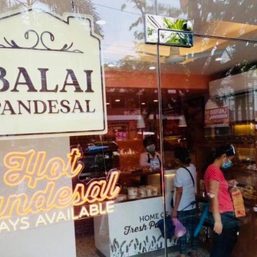
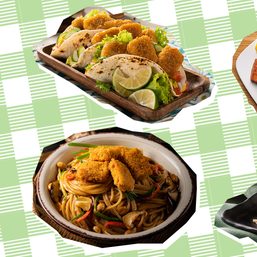
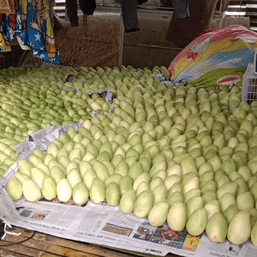
![[OPINYON] Takoyaki tattoo at ang business model ng pang-iinis](https://www.rappler.com/tachyon/2024/04/20240410-Takoyaki-tattoo.jpg?resize=257%2C257&crop_strategy=attention)




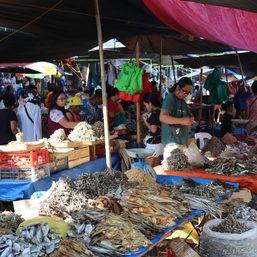
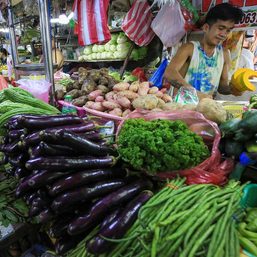
There are no comments yet. Add your comment to start the conversation.